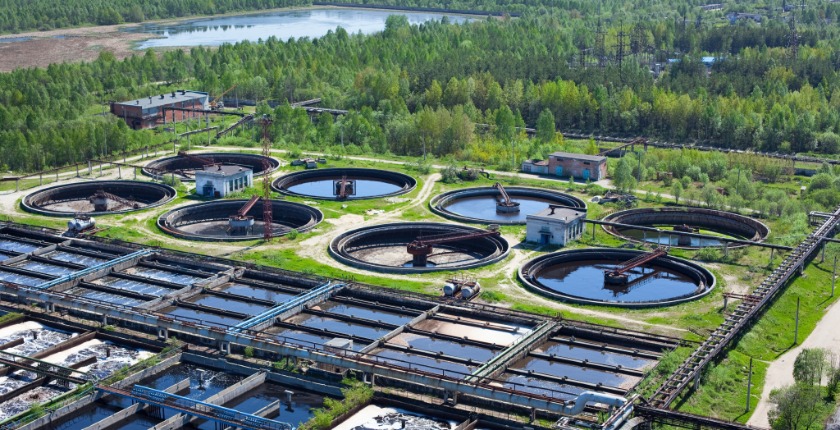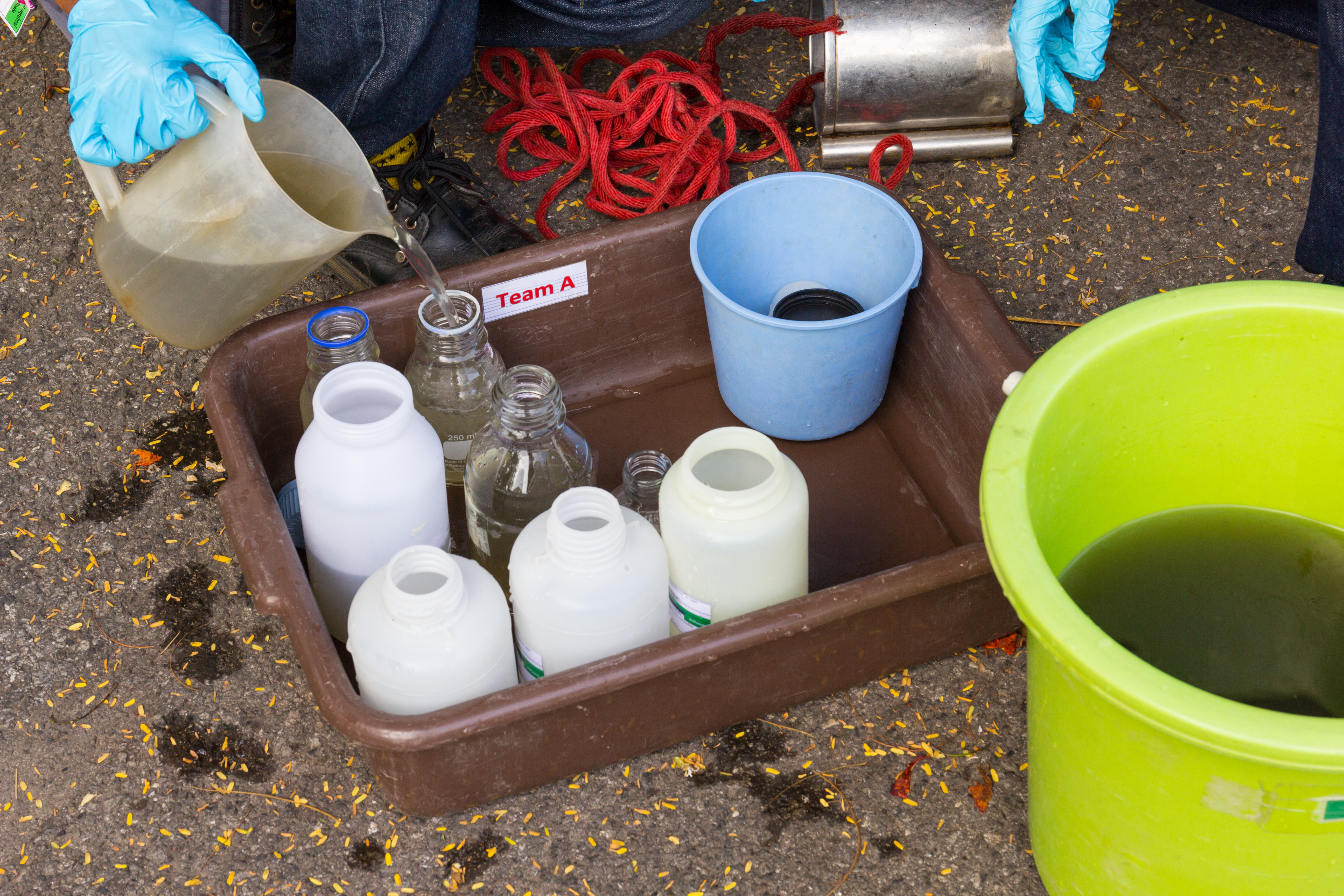Technical Article
Keeping on top of treatment - reviewing your wastewater treatment system

Wastewater treatment was once an overlooked process but increasingly stringent emission limits mean that wastewater treatment has come to the forefront of business activities. Wastewater discharges are heavily regulated and failure to comply with discharge permits can have severe impacts on business economics and productivity.
Eleanor Raper, senior geoscientist at Envireau Water and Advisory Expert at the Solar Impulse Foundation, on the importance of reviewing your wastewater treatment system.

Wastewater Treatment Principles
Whether you are treating domestic, agricultural or industrial wastewater many of the common principals apply. Treatment systems typically consist of a number of processes combined together to produce an overall process capable of producing a treated wastewater which is of a suitable quality for release into the receiving environment. These processes may involve any combination of physical, chemical and biological processes.
- Physical – screening, sedimentation, filtration, absorption
- Chemical- precipitation, coagulation, disinfection
- Biological- aerobic, anoxic, anaerobic
Wastewater Treatment Plants over time
In many instances wastewater treatment plants have changed dramatically over time to adapt to the ever-changing water treatment requirements. Changes to treatment requirements can arise for numerous reasons. Some industries have been impacted significantly by the changing home and global markets and changes in production volumes have resulted in changes to the volumes of wastewater requiring treatment. On the other hand, some businesses have seen changes to wastewater compositions over time resulting from changing production processes or changes to the source of raw materials and treatment processes have been modified in order to effectively treat such wastewaters. Furthermore, industries have also been expected to meet new emission limits that have been introduced due to greater awareness of the environmental impacts of pollutants. For example, heightened awareness of the impacts of eutrophication have led to lower emission limits for nitrogen and phosphate compounds whilst increasing knowledge of Persistent Organic Pollutants (POPs), Endocrine Disrupting Chemicals (EDCs) have led to new compounds being added to regulated lists.
Whilst the modification of treatment processes has enabled businesses to be flexible and adapt to changing requirements, one of the most common problems that arises relates to the loss of knowledge regarding the treatment system and in turn the occurrence of treatment failures with significant costs to the business.
The transfer of knowledge from one generation of operators to the next over time can be associated with a loss of a ‘true’ understanding of the system. In many instances when questioned current operators do not fully understand the role of different stages in the treatment system and how each relates to the treatment process as a whole. A frequent comment heard across a range of businesses is ‘we just do it like that because that’s the way it has always been done’. This presents two problems; that treatment processes are being used that are no longer required, or processes are being operated without an understanding of what the requirements are for them to operate effectively. It is important to step back and consider what is being done and why. A review of a businesses’ wastewater treatment system can therefore lead to performance improvements through process optimisation which do not necessarily require large capital investments.
Key considerations for a treatment process review include:
- the current wastewater characterisation;
- the quality standards that need to be obtained;
- the role that each stage has in a treatment system;
- how these may interact with each other;
- what method is the most economically and environmentally appropriate way to treat the wastewater;
- the ability of the treatment system to stand the test of time;
Wastewater characterisation is a very basic yet commonly overlooked consideration. If you don’t know what is going into your process how can you accurately predict what is coming out of the process? Businesses frequently monitor the characteristics of their treated wastewater (due to permit obligations) but fail to monitor the characteristics of their incoming wastewater. Wastewaters can vary both over time and space and it is important to have an understanding of these changes and how a treatment system must be adapted to cope with this. In some instances, one compound may vary in response to variations in another compound and these inter-relationships also need to be understood and considered.
An understanding of the role of each stage in the treatment process is essential to enable the production of a consistent effluent. Understanding of each of the key stages can also allow operators to carry out small modifications (e.g. change the pH, carbon supply, retention time, dose rate of key chemicals) to ensure that the treated wastewater is compliant with emission limits. This enables operators to be responsive to events such as changes in the wastewater composition, toxic shocks to bacteria, changing wastewater volumes and can lead to both environmental and economic gains for the business.
The appropriateness of the applied technology should not be overlooked. Ongoing research and development means that new technologies are constantly being introduced to the environment - not all of them requiring large economic investment but often capable of leading to financial savings. The application of new processes may simply be a requirement due to newly introduced emission limits. Selection of appropriate technologies can also offer businesses a way in which to meet their ever-changing needs and ensure that the process is robust.
Do you require a wastewater treatment review?
Carrying out a review of your wastewater system does not necessarily require large capital investment. Simple changes can frequently lead to large improvements in performance. Carrying out a review of your treatment process can not only bring about treatment performance but can also increase the knowledge and understanding of operators which in turn enables them to be more responsive to changing business needs.
This article originally appeared in the October issue of WWT (2019), and online (27.09.2919) at https://wwtonline.co.uk/features/keeping-on-top-of-treatment/



